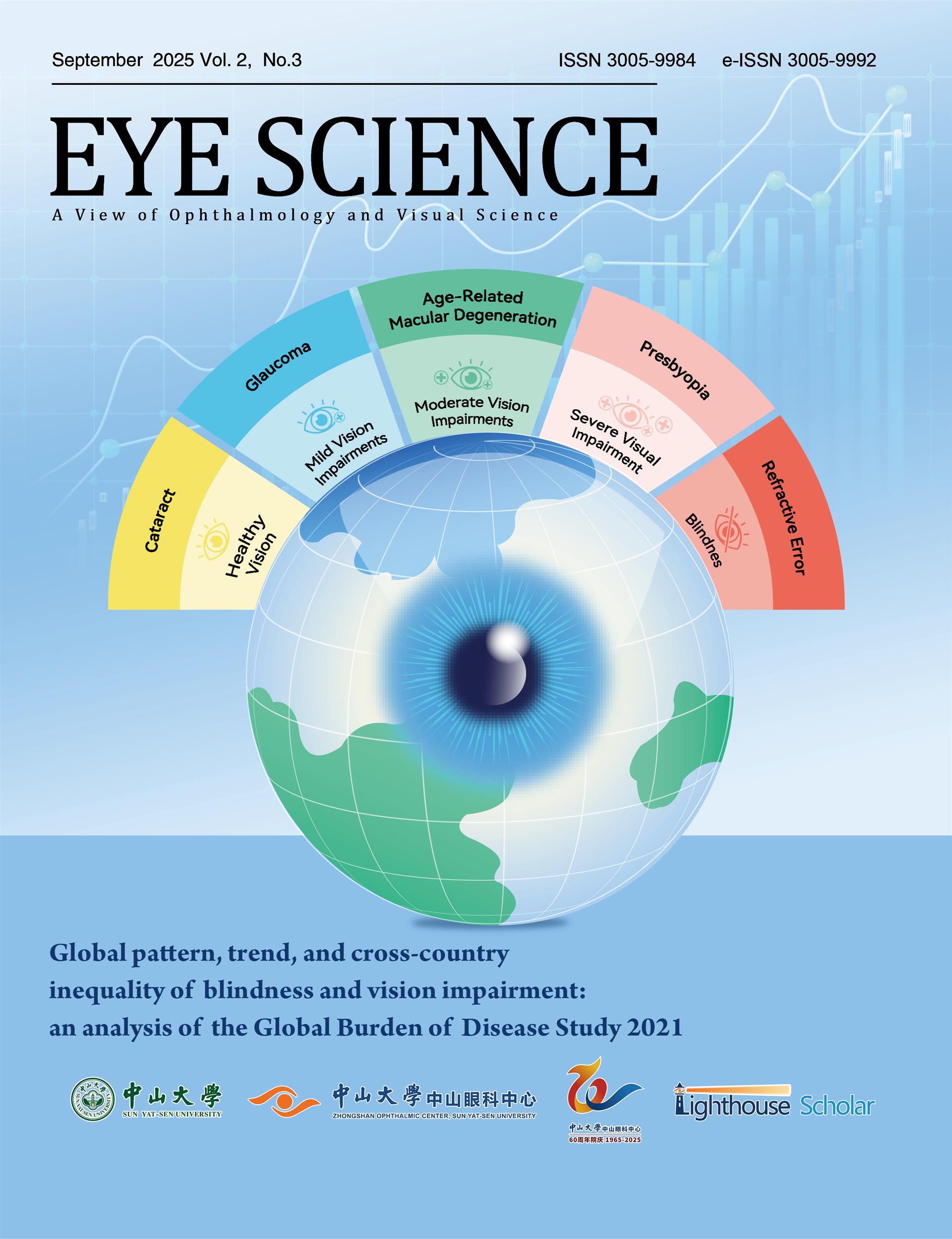Objective: To evaluate the effectiveness of music therapy on the anxiety level and physiological response of patients undergoing ophthalmic surgery.
Methods: Relevant randomized controlled trials that compared the combined effect of music therapy for patients undergoing ophthalmic surgery were included. Four English databases and three Chinese databases were searched from inception to Jan. 2022. Two reviewers independently performed data extraction and risk of bias assessments. The Cochrane Collaboration tool was used to assess the risk of bias. Meta-analysis was performed using Review Manager 5.3. The outcomes were overall anxiety, blood pressure, heart rate and pain.
Results: Atotal of 11 trials with 1,469 participants were included in the meta-analysis. Compared to standard care, music therapy had a good effect on reducing the anxiety levels of patients undergoing ophthalmic surgery (p<0.05). The results also suggested that music therapy produced a signifcant improvement in blood pressure (p<0.05) and heart rate (p<0.05). The visual analogue scale (VAS) showed that music therapy signifcantly reduced pain compared to standard care (p<0.05).
Conclusions: This meta-analysis provided evidence that music therapy has an obvious effect on relieving anxiety levels, while it is also more effective in alleviating pain and improving physiological responses than standard care alone. Our fndings may provide accurate evidence-based guidance for the clinical implementation of music therapy. In the future, more high-quality studies are required for verifying these results.

















